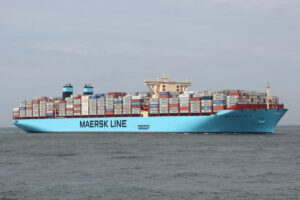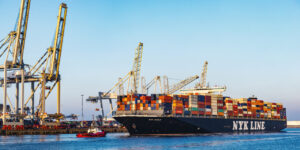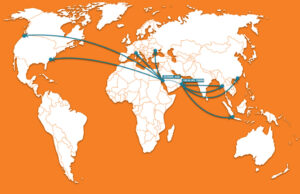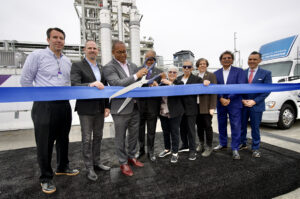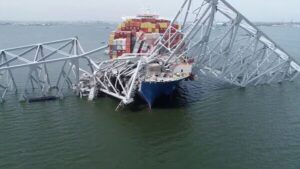South Korea’s unionised truckers have gone on strike in a row with the government over minimum pay.
The indefinite strikes, which began local time 12.00 am 24 November, will see at least 20,000 truckers join the picket line, predicted the organiser Cargo Truckers Solidarity (CTS) union.
CTS is affiliated with the Korean Public Service and Transport Workers’ Union (KPTU-TruckSol).
Truckers are calling on the government to extend and increase capabilities of a system which calculates minimum wage based on growing operating costs due to fuel prices soaring.
The system, dubbed ‘Safe Trucking Freight Rates’, applies a minimum freight fare so drivers are not forced to drive dangerously to make deliveries.
The rate currently applies just to container and bulk cement hauliers and is due to expire at the close of the year. Truckers are calling for the scheme to be made permanent and coverage to be expanded to all cargo and freight types, including oil tankers.
The International Transport Workers’ Federation (ITF) affiliate KPTU-TruckSol called a halt to a strike in June after eight days when the government and industry agreed to continue and expand the Safe Rates programme.
Since then, KPTU-TruckSol argues government has caved to pressure from big business and done everything possible to block progress. In response, KPTU-TruckSol has called a new unlimited national strike.
“The government is backtracking on its promise to the determent of workers and public safety,” said Bongju Lee, KPTU-TruckSol President.
“We are prepared to strike until that changes. Legislation to make Safe Rates permanent and expand coverage must pass in the National Assembly. It’s as simple as that.”
At the Port of Busan, police officers and buses were seen lined up along key routes.
Container traffic at ports has dropped to 40 per cent compared to normal levels since the strike began, the transport ministry said on 24 November.
The eight-day strike by truckers in June over the same issue was estimated to have cost the South Korean economy $1.2 billion and sent shockwaves through global supply chains.
Strike action has plagued global supply chains throughout 2022.


